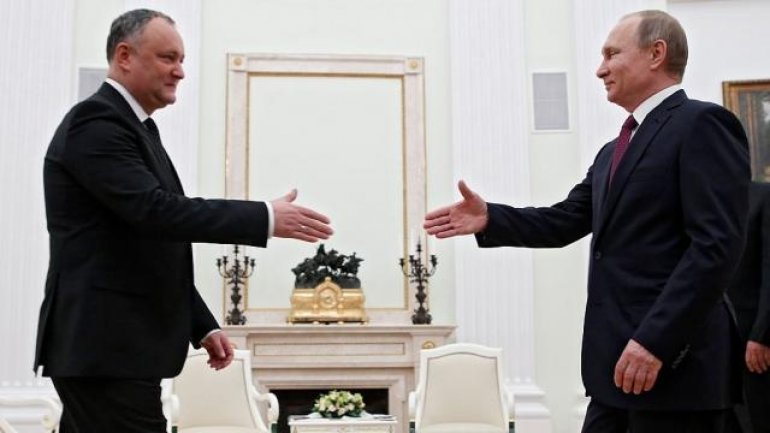An East-West flashpoint that needs more attention
 foto: GETTY
foto: GETTY
Local conflicts and crises in different parts of the world continue to threaten global and regional peace and security. Often, managing these conflicts leads not to cooperation, but to greater confrontation.
In Moldova – where we have a 25-year-long, Russian-backed secessionist movement on our sovereign territory – we are trying to avoid that fate. And we need the help of our friends in the United States and Europe.
It is a difficult predicament, because there are about 2,000 Russian troops, as well as a few thousand separatist paramilitary troops, in Transnistria – a thin strip of land that runs about 200 miles along our eastern border with Ukraine. The Russians also have more than 20,000 tons of weapons and munitions in this tiny breakaway region, located just 30 miles from our capital, Chisinau.
But the threats to Moldova are not just military. Moscow has imposed a punishing trade embargo on many of our products, and they harass our government officials on trips abroad. Russia exercises a pervasive influence in our country and constantly vilifies the European Union and the United States of America. Last fall, the Russian media meddling in our national election helped deliver Moldova’s presidency to a pro-Russian candidate, Igor Dodon.
While Dodon wants to terminate Moldova’s association agreement with the European Union and instead strengthen ties to Russia, our governing coalition, which is led by the Democratic Party of Moldova, is staunchly pro-EU and committed to Western values. This month, with the support of our governing coalition and over the objections of President Dodon, a NATO liaison office will open in Chisinau.
Negotiations to settle the Transnistria conflict have been on-again, off-again, including a six-year hiatus from 2006 to 2012. The talks are based on a so-called “5+2 format,” with Moldova and Transnistria as the parties in conflict, Russia; Ukraine and the Organization for Security and Co-operation in Europe (OSCE) as mediators; and the United States and EU as observers. To date, the talks have failed to achieve their objective: the elaboration of a special status for the Transnistrian region within Moldova that respects our country’s sovereignty and territorial integrity.
Read more The Hill